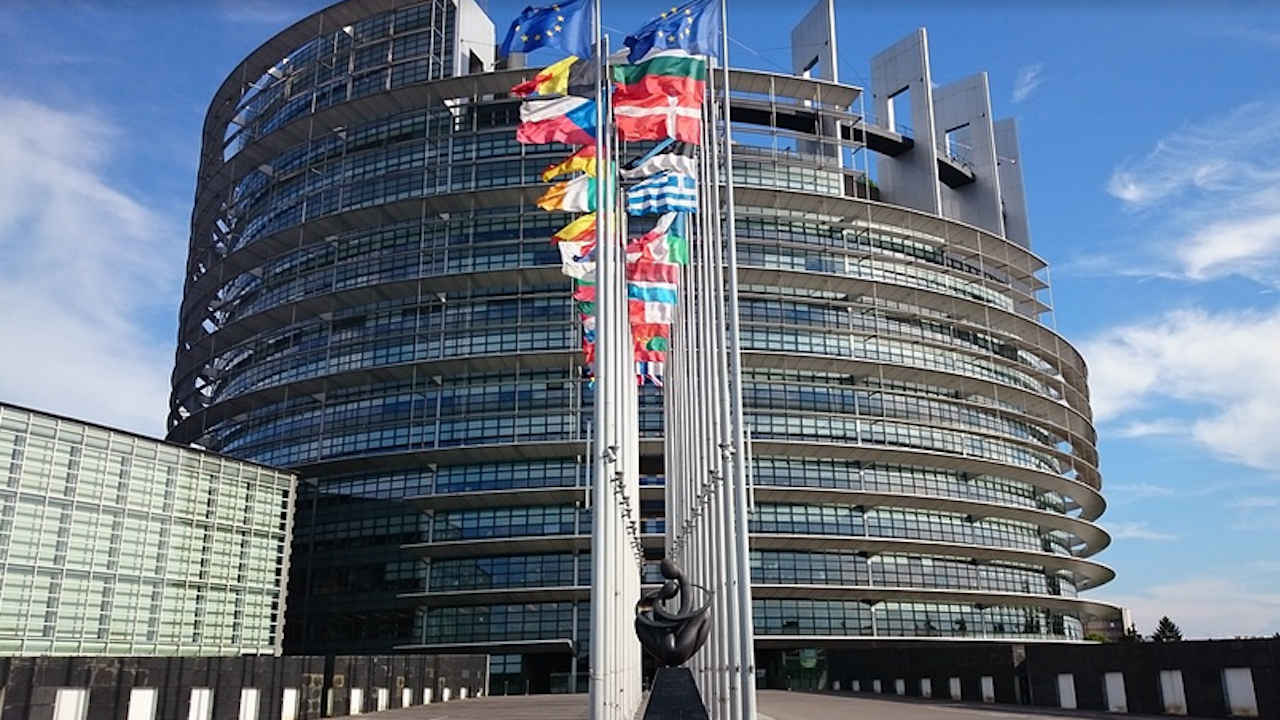Listen to the news
The finance ministers of the European Union discussed today in Prague various approaches to reforming the common budget rules of the bloc, BTA reported.
The EU's usually tight rules on debt and deficits have largely been suspended since the COVID-19 pandemic caused even frugal countries like Germany to take on large amounts of public debt.
Liz Truss and Olaf Scholz discussed the energy crisis
"The rules must be clear and enforceable. That means they must be realistic," said Czech Finance Minister Zbinek Stanyura, who chaired the talks, adding that EU countries' positions still differed.
The EU plans to resume implementing budgetary discipline from 2024, but the war in Ukraine, the changed geopolitical and economic outlook, and the large investments needed to combat climate change raise questions about what future rules should look like.
Economic Affairs Commissioner Paolo Gentiloni said earlier this week that EU capitals could draw up medium-term fiscal plans that would allow more flexibility in how quickly to reach a sustainable debt level, taking into account necessary investments.
Berlin would be willing to allow some leeway in the short term if public debt is reliably reduced in the long term, German Finance Minister Christian Lindner said in Prague.
Lindner has previously said he wants to stick to the now-defunct long-term rules of the EU's Stability and Growth Pact, which oblige member states not to take on debt worth more than 60% of their economic output and limit the budget deficit to 3% of gross domestic product.
Next month, the European Commission is expected to present its proposal for legislative reform, which will be the basis for discussions between EU finance ministers to reach an agreement on common future rules.
European Union
budget savings
